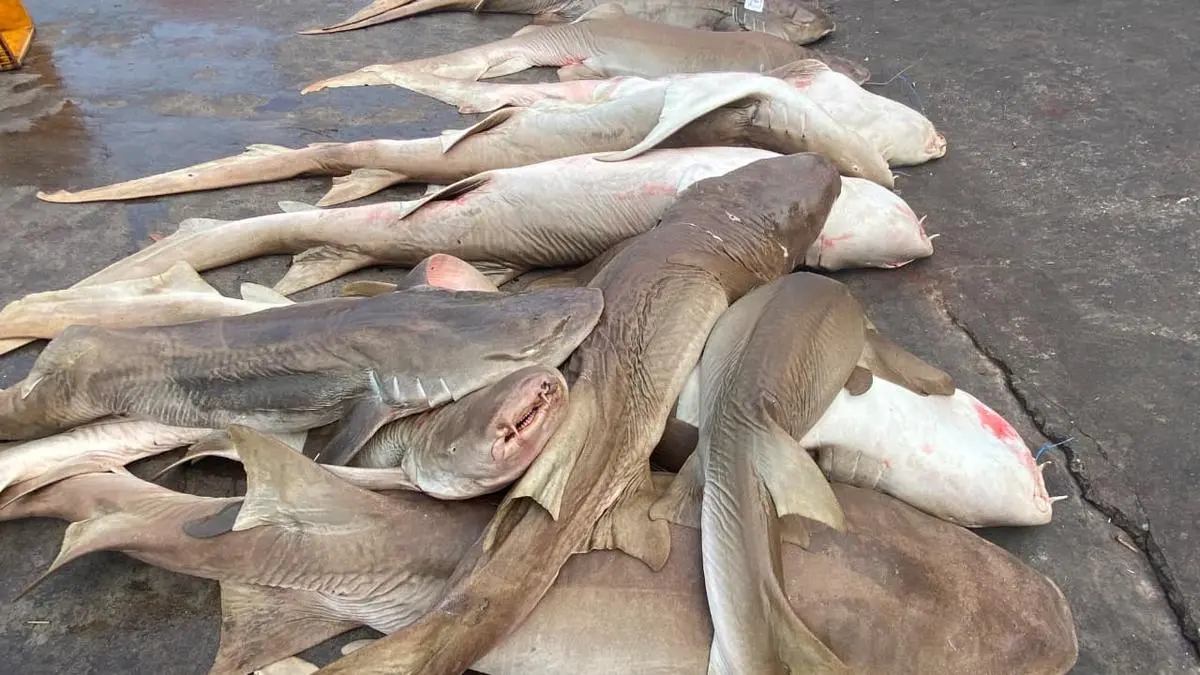ICAR-CMFRI Forms Special Committee to Study Shark Fishing and Trade Issues in India
In a major move to address the growing concerns of the fishing community, the ICAR-Central Marine Fisheries Research Institute (CMFRI) has announced the formation of a special committee to scientifically study the issues surrounding shark fishing and trade in India. These concerns have arisen following the amended provisions of India’s Wildlife (Protection) Act, 1972.
The amendment, which came into force in 2022, places numerous species of sharks and rays under various schedules of the Act, imposing strict regulations on their catch, trade, and export. This has led to widespread unease and operational difficulties for fishermen across the country’s coastline, many of whom often encounter these species as incidental bycatch.
Balancing Species Protection with Fisher Livelihoods
The newly constituted committee will undertake a comprehensive study to develop science-based solutions addressing these challenges. It will focus on the biological and ecological aspects of the protected species, as well as the socioeconomic impacts of the conservation laws on fisher livelihoods, said Grinson George, Director of CMFRI.
George spoke after inaugurating a stakeholder workshop on shark and ray conservation alongside fisher livelihood concerns. At the workshop, CMFRI proposed a balanced and pragmatic approach to implementing the Act, aiming to ensure both biodiversity conservation and livelihood security for coastal communities.
“Fishing is the lifeline of millions of coastal families. Unlike on land, bycatch in marine fisheries cannot be predicted or controlled until the net is hauled. Strict penal action for incidental catch of protected species often creates conflict, undermining both conservation intent and fisher livelihoods,” George explained.
Clarifying Rules for Schedule IV Thresher Sharks
The Institute recently intervened following an incident in Kanyakumari where the landing of thresher sharks caused confusion among fishers and enforcement officials. CMFRI clarified that thresher sharks are listed under Schedule IV of the Wildlife (Protection) Act, which aligns with CITES Appendix II.
Unlike species listed under Schedules I or II, Schedule IV regulates international trade but does not prohibit domestic fisheries and trade. International trade regulations are subject to the advice of the CITES Scientific Authority in the country. CMFRI has been notified by the Ministry of Environment, Forests & Climate Change as the Scientific Authority for Schedule IV (CITES-listed) species, George added.
Proposals to Support Sustainable Trade and Conservation
To facilitate effective implementation of these regulations, CMFRI has proposed several initiatives, including:
- Training programmes for enforcement agencies and stakeholders focused on species identification.
- Community-based monitoring and self-regulation of landings.
- Stakeholder-driven conservation plans.
- Regular scientific assessments.
- Preparation of Non-Detriment Findings (NDFs) to guide international trade decisions.
These measures aim to support sustainable trade while protecting vulnerable shark and ray populations, ensuring that conservation objectives harmonize with the needs of fishing communities.
Published on September 19, 2025.
